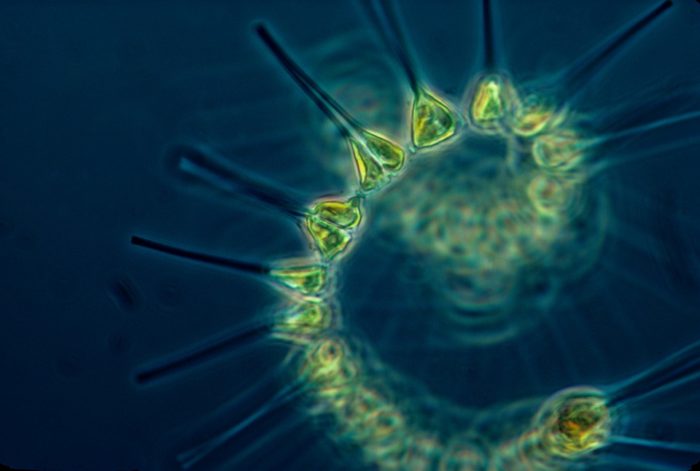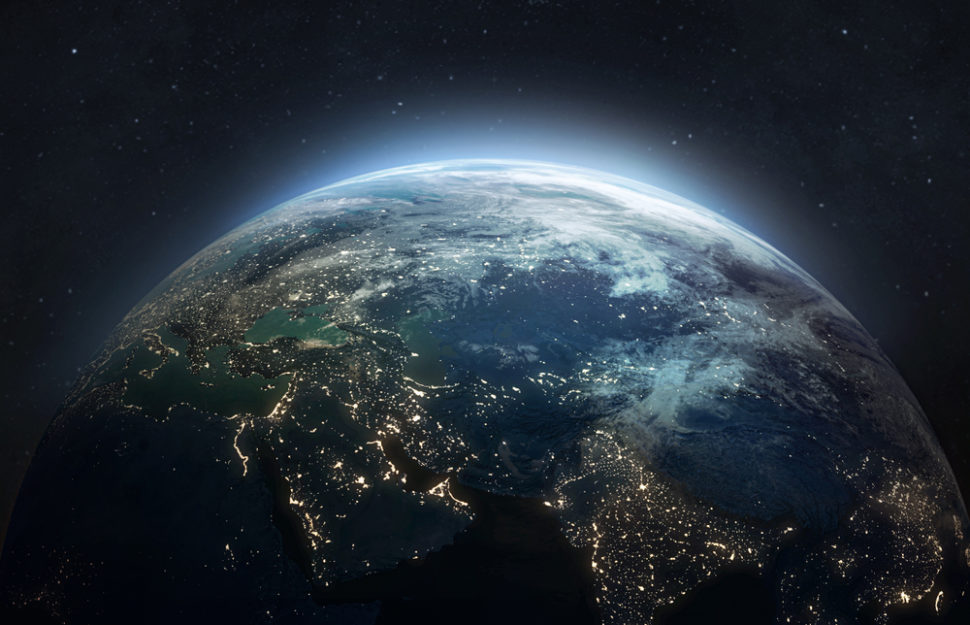A new study published by researchers from the MIT just revealed that Earth’s ocean blue color could change by the end of the century due to climate change. The global phenomenon would cause significant changes to marine ecosystems, shifting our planet’s ocean color to a darker shade of blue.
Using a global model that they developed, the MIT researchers simulated:
- The growth and interaction of different species of phytoplankton
- How a mix species in different locations will change as global temperature rises
- How phytoplankton absorb and reflect light
- How the world’s oceans will change their color as rising temperature affects phytoplankton ecosystems.
The team’s model revealed that subtropic regions which appear blue today would darken in the future, hiding the phytoplankton in those waters. However, other regions like those near the poles will turn greener as the warming temperature aids the growth of more diverse phytoplankton species.
“The model suggests the changes won’t appear huge to the naked eye, and the ocean will still look like it has blue regions in the subtropics and greener regions near the equator and poles,” Stephanie Dutkiewicz, lead research scientist at MIT’s Department of Earth, Atmospheric, and Planetary Sciences, said.
“That basic pattern will still be there. But it’ll be enough different that it will affect the rest of the food web that phytoplankton supports.”

Read More: New CCS Device Could Help Reverse Effects Of Climate Change
Ocean Blue Color
Instead of relying on satellite measurements, Dutkiewicz’s team tweaked a computer model they previously used to predict phytoplankton changes.
The model collected information about phytoplankton, including what they consume and how they grow. It then applied the information into a physical model that mimics the currents and chemical mixture of the ocean.
The researchers equipped the computer model with the ability to estimate specific wavelengths of light reflected by the ocean. It showed that climate change is already changing the composition of phytoplankton which, in turn, changes the ocean color.
By the end of the century, the model predicted that our planet’s blue color would noticeably alter.
“There will be a noticeable difference in the color of 50 percent of the ocean by the end of the 21st century,” Dutkiewicz said.
“It could be potentially quite serious. Different types of phytoplankton absorb light differently, and if climate change shifts one community of phytoplankton to another, that will also change the types of food webs they can support.”



















Comments (0)
Least Recent